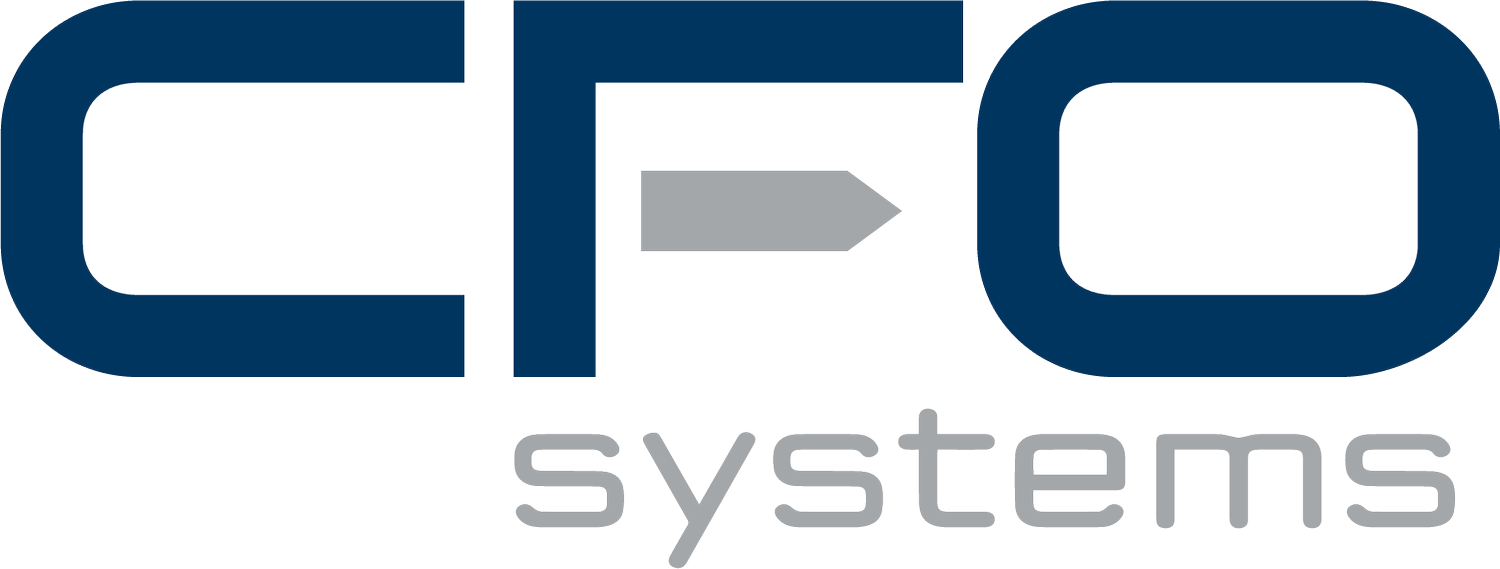Understanding the Differences
Leading an organization requires a lot more than just passion and determination, you need to wear different hats and handle various aspects. One of the vital components is managing the finances. However, when it comes to managing your books and taxes, you may be confused about whether to hire a bookkeeper, controller, or CFO.
A bookkeeper is responsible for RECORDING financial transactions and creating statements. They ensure that all financial records are accurate and up-to-date. Their duties include MONITORING accounts payable and receivable, reconciling bank statements, and recording daily transactions. While bookkeeping may seem like a basic task, it's crucial for accurate financial reporting and making informed business decisions.
A controller is responsible for SUPERVISING the accounting department and managing financial operations. They oversee the bookkeeping process and ensure that everything is recorded accurately. Besides, they analyze financial statements and provide insights on how to improve the company's finances. They also monitor budgets, cash flow, and track financial metrics. While a controller's role may overlap with a bookkeeper's duties, they're more focused on the bigger picture of the org financial health. If you're a mid-sized business, hiring a controller would be beneficial for your organization.
A CFO is the most senior financial executive in the organization. They’re RESPONSIBLE for the financial strategy, forecasting, and driving growth. They're experienced in financial management, funding and investment strategies, and risk mitigation. A CFO oversees all financial operations and ensures compliance with regulatory requirements. Their expertise helps make informed decisions while driving profits. If your organization is large enough, hiring a CFO would be a game-changer for your financial operations.
Now that we’ve covered the difference between these roles, let's talk about TAXES. Business taxes can be complex and time-consuming, and that’s where a tax professional comes in. A tax professional is someone who is knowledgeable about tax laws and regulations, and they can help you with your tax planning and preparation. They can also provide advice on deductions and credits that you may be eligible for. While a bookkeeper, controller, or CFO can handle some tax-related tasks, hiring a tax professional is essential for complex scenarios.
In conclusion, understanding the differences is imperative for hiring the right professional. Whether you're just starting or running a mid-sized or large organization, each role has its unique responsibilities and benefits. Remember, a tax professional can be a great asset to your financial team, so don't hesitate to seek their help. With the right financial professionals on board, your team will be set up for success.
